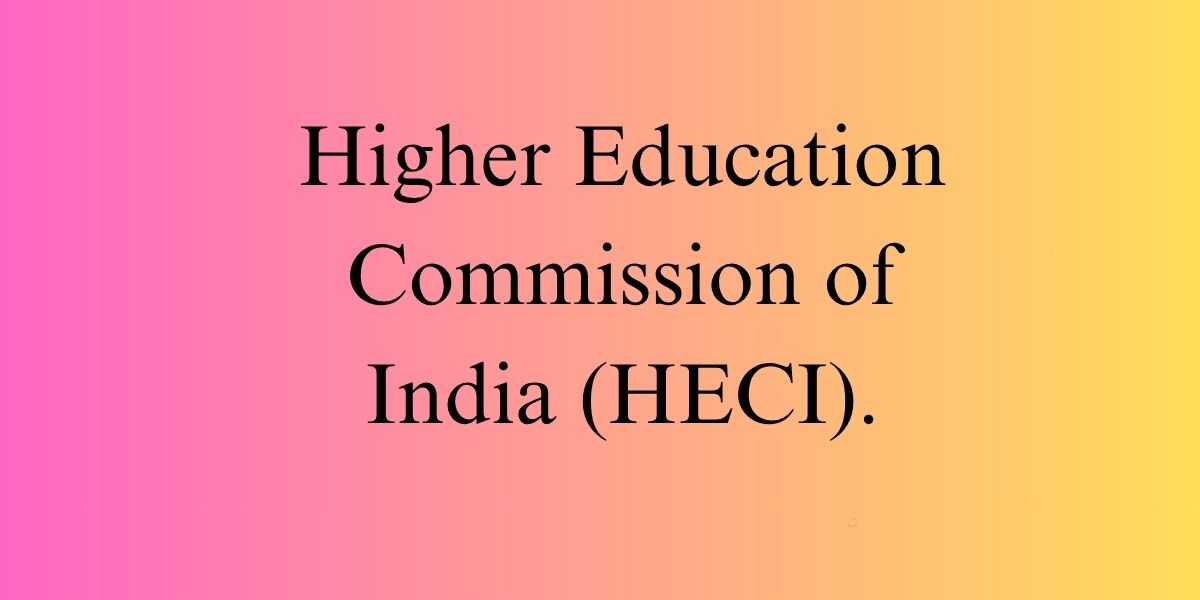New Delhi, July 26, 2025 — In a sweeping reform set to reshape India’s higher education governance, the Ministry of Education is moving forward with the long-awaited plan to establish the Higher Education Commission of India (HECI). The new body is expected to replace key existing regulators — including the University Grants Commission (UGC), the All India Council for Technical Education (AICTE), and the National Council for Teacher Education (NCTE) — to create a single, streamlined regulatory authority under the National Education Policy (NEP) 2020.
📘 What is the HECI?
The HECI is proposed as an independent, overarching regulator for all higher education (excluding medical and legal education), designed to:
- Ensure academic quality standards
- Simplify accreditation and funding procedures
- Foster innovation, flexibility, and autonomy in higher education institutions (HEIs)
The commission will function through four verticals:
- National Higher Education Regulatory Council (NHERC) – for regulation
- National Accreditation Council (NAC) – for accreditation
- Higher Education Grants Council (HEGC) – for funding
- General Education Council (GEC) – for curriculum and academic standards
🔁 Why Replace UGC, AICTE & NCTE?
The current structure involves overlapping jurisdictions and fragmented policies, leading to duplication and delays. By subsuming UGC, AICTE, and NCTE under one umbrella, the government aims to:
- Avoid regulatory duplication
- Promote interdisciplinary learning
- Enable credit transfers and multiple entry/exit options
- Encourage institutional autonomy with accountability
🧩 Benefits and Concerns
Advantages:
- Faster policy implementation
- Unified digital infrastructure
- Clearer guidelines for new universities and colleges
- Improved governance and quality assurance
Concerns:
- Fear of centralization of power
- Transition complexities for autonomous institutions
- Lack of clarity on technical education-specific regulations
Stakeholders from technical, teacher, and general education backgrounds have urged more consultations, especially to address sector-specific concerns.
🏛 Current Status
As of July 2025, the HECI Bill has been drafted and revised multiple times. Final approval is pending in Parliament, with the Education Ministry signaling a possible nationwide rollout in 2026. Pilot implementations in some central universities are already underway.
📜 Disclaimer
This article is based on publicly available information, draft bills, and proposed reforms under the National Education Policy (NEP) 2020. The HECI is currently in the proposal and consultation phase, and final details are subject to parliamentary approval and government notification. Readers are advised to follow official announcements from the Ministry of Education and Gazette of India for the latest and legally binding updates.









